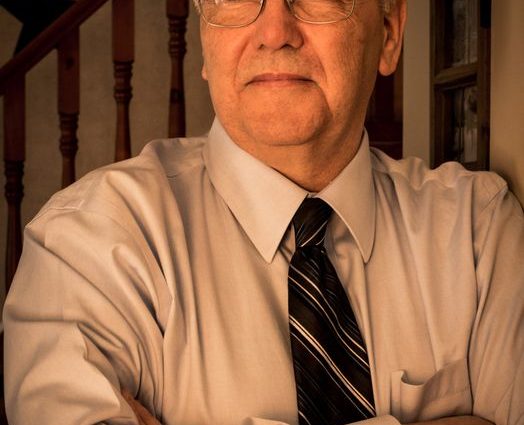Justin Trudeau’s new ideas on how to make government better do have some merit, if they are ever implemented. I say that as someone who is a bit jaded and cynical from having been involved in federal politics from as far back as 1984. There are always great ideas, especially when you are an opposition party. It is only when you form a government that you realize how practical or impractical your ideas were and that goes for all political parties, not just the Liberals
Let us take a look at one area I know a little bit about, namely Trudeau’s promise to improve the Gong Show that is Question Period. Having been involved in Question Period (QP) from 1984-89 and again 1997-2008, I agree with him, there is no doubt that it needs cleaning up.
Gone are the days when opposition MPs would call a minister’s office to give them a heads up on a question so that the minister could have an answer ready for them. This was not unusual in the Mulroney years and as a Chief of Staff, I often took calls from opposition MPs or their staff. This often led to a good rapport between critics, ministers and their staffs and a more civil atmosphere.
Trudeau is suggesting that we have a Prime Minister’s Question Period, similar to the UK model. This is not a new idea, but one he has copied from the excellent work done by Conservative MP Michael Chong. Nether the less it is a good idea.
The PM would still be accountable; even if he is not in the House three days a week (it is rare that any PM is there more often). Generally the PM answers three questions from each of the opposition leaders (less than nine minutes). Harper as a courtesy answers additional questions from the Leader of the Official Opposition if they continue into the second round. Imagine the Opposition having a solid hour (I would extend QP by an extra 15 minutes) to ask their questions and the PM being unable to deflect them to another minister!
This would also take away the practice of every questioner (no matter how far down the line up) asking the PM a question even if he is not in the House. This practice was instituted strictly for the 10 second media clip plus it gave backbenchers something to put in their local media or householders.
The other bonus to this system is that on the days that the PM is not being questioned, there is a lot more time to question individual ministers. If a minister is targeted, it is a lot less likely that they can stick to a tight script provided by PMO. Imagine the opposition parties having an hour to attack Fantino when he was the Veteran Affairs minister!
Trudeau is also proposing to adjust the time allocated to ask and answer a question. I agree that it is far too tight right now. People might want to look back at the old Hansards from the 1980s. Questions were longer as were the answers. It began to tighten up when the Liberal rat pack began using long winded pre-ambles to score media points. Certainly increasing the time to 40 or 45 seconds from 35 seconds will help. Beyond that and you will see the question degenerate into a simple attack piece for media consumption.
While he is at it, perhaps Justin should do away with the list of questioners that is given to the Speaker before QP starts. This list which designates the order in which MPs will ask a question is part of the problem today. It allows parties to line up their questioners in an unbroken series of attacks and decide which MP will ask the most pointed questions for media consumption. For instance Jason Kenney was our clean-up questioner and was often clipped on the nightly news, even if Harper was not.
Reverting back to the earlier practice of the Speaker recognizing the first MP to stand up breaks up the coordinated attacks we see now. Plus backbenchers would be able to ask what they want, not necessarily what the Leader’s Office wants IE give more power to individual MPs. It would also do away with those ridiculous soft ball questions the government side asks their ministers. I can remember in the 1980s some of our toughest questions came from MPs on our own side who were allowed to ask our ministers whatever they wanted. The extra bonus was that it also helped to keep ministers on their toes and in touch with caucus members who had issues with the ministers department.
There you have it. Just a little advice from someone who has been there and it won’t cost the taxpayer a cent.
